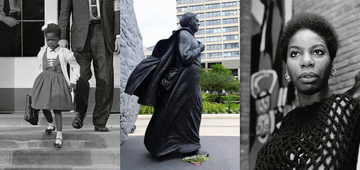- 10 April 2025
The PEGI rating system is enforced by the Video Standards Council, with PEGI 12, 16 and 18 rated games not legal to sell to anyone under that age. Findings from the Gambling Health Alliance survey suggest that children are being exposed to age restricted content, including depictions of gambling, which are permitted in PEGI 18 games.
The survey also found that over a third (34%) of respondents had first spent money on a loot box when they were aged 13 or younger.
The Gambling Health Alliance has campaigned for paid-for loot boxes, a gambling-like mechanism in gaming, to be legally classified as gambling and banned in games for under 18s. The commonality of underage gaming suggests that the PEGI system needs stricter enforcement to protect children from exposure to potentially harmful gambling content and the normalisation of gambling activity if loot boxes are recognised as a form of gambling.
With 12 weeks now having elapsed since the closure of the Department for Digital, Culture, Media and Sport (DCMS) consultation on loot boxes in video games, and with no Government response issued to date, the Gambling Health Alliance is calling for loot boxes to be classed as a form of gambling, to feature only in games rated PEGI 18, and for stricter age verification checks to be put in place to enforce the rating system.
The Online Harms White Paper published by DCMS in December 2020 states that companies are expected to use age assurance and age verification technologies to fulfil their duty of care. This applies to video games that enable online interaction, giving further impetus for the age verification system to be strengthened.
Louisa Mason, GHA Lead said: “Our survey results show that current video game age classifications are largely ignored, which begs the question – why are we not protecting children and young people? DCMS have responsibility for online harms, and are considering whether to classify loot boxes as a form of gambling. The Gambling Act review is seeking evidence on the effectiveness of current measures to prevent illegal underage gambling online, which are clearly not working within video games. So now is the time to introduce stronger processes to verify age and identity online, in order to prevent young people being exposed to a world of harm through the smartphone in their pocket.”
William Perrin, Trustee Carnegie UK Trust said: “We all agree that children should be protected from harm. Games are overwhelmingly an online business these days. If research by an NGO can reveal the extent of the problem then it’s implausible that modern gaming companies themselves don’t know what is going on. Companies should update their systems accordingly to keep kids away from paid for loot boxes and gambling. The government should be clear whether online games with paid for loot boxes come under the online harms regime or the gambling one and quickly put powers in place to protect children and sanction companies who don’t follow the rules.”
The 2005 Gambling Act is currently being reviewed by the Government, with gambling legislation facing a major overhaul. In response to this and the DCMS consultation, the GHA is asking for the Government to take a public health approach to gambling by protecting the young and vulnerable from the harms of gambling products, de-normalising gambling and reducing exposure to gambling, and investing in research, treatment and education.



